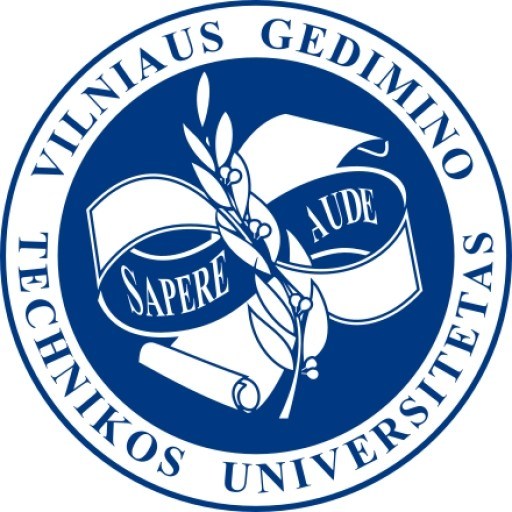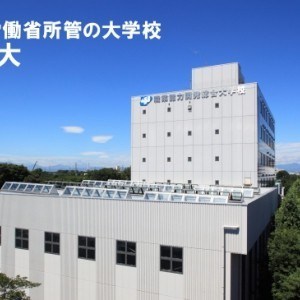Photos of university / #uofnorthdakota
The Bachelor of Science in Petroleum Engineering at the University of North Dakota (UND) offers students a comprehensive education in the principles and practices essential to the exploration, development, and production of oil and natural gas resources. This program is crafted to prepare graduates for dynamic careers in the energy industry, emphasizing technical expertise, innovative problem-solving skills, and a strong understanding of the economic and environmental aspects of petroleum operations. Students enrolled in this program will engage with a rigorous curriculum covering core topics such as reservoir engineering, drilling engineering, petrophysics, formation evaluation, and production Operations. Throughout their studies, students will gain hands-on experience through laboratory work, field trips, and internships, fostering practical skills and industry connections vital for immediate employment or advanced study. The program also highlights the importance of sustainable and responsible resource management in today's evolving energy landscape. UND’s Petroleum Engineering program benefits from state-of-the-art facilities, experienced faculty, and a strong industry network that offers students mentorship and employment opportunities. Graduates of this program are well-equipped to enter roles in oil and gas companies, engineering firms, consulting agencies, and research institutions. Additionally, the program supports lifelong learning and adaptability, encouraging students to stay at the forefront of technological advancements and industry best practices. By pursuing this degree at UND, students join a community committed to excellence in engineering education, innovation, and environmental stewardship, preparing them to contribute meaningfully to the future of energy production.
Detailed Course Facts
Application deadline February 1 (Summer); February 1 (Fall); September 1 (Spring) Tuition fee- EUR 8160 Year (EEA)
- EUR 8160 Year (National)
$482.82/Credit
Start date January,May,August 2015 Credits 135 CreditsDuration full-time 72 months Languages Take an IELTS test
- English
Course Content
135 credits are required for graduation, with a minimum of the following:
- 39 credits that meet UND's Essential Studies (General Education) requirements.
- 60 credits from a 4-year, regionally accredited college or university.
- 36 credits at an upper-division level (300 or above).
- last 30 credits from UND; you will be required to take specific courses in your major from UND.
All engineering students must complete foundation courses in Chemistry, English, Math, and Physics with a grade of C or better prior to enrollment in upper-division (300 or above) engineering courses.
Your advisor will assist you with a plan of study that meets UND's degree requirements.
English Language Requirements
IELTS band : 6.5 TOEFL paper-based test score : 550 TOEFL iBT® test : 76
To study at this university, you have to speak English. We advice you to
take an IELTS test. More About IELTSRequirements
If you are wondering if a high-tech career in petroleum engineering is right for you, you should compare your interests, talents, and skills to the types of job tasks you will perform.
- Are you interested in geology, math, physics, and chemistry?
- Are you creative and detail-oriented?
- Do you have good communication skills?
- Do you enjoy working with others?
Petroleum engineers design methods to efficiently recover oil and gas from below the earth. As a petroleum engineer, you may be expected to:
- characterize deep geologic formations and their contained oil and gas
- design and drill vertical and directional wells
- complete wells for production by injecting multiphase fluids
- optimize production using reservoir engineering principles
- manage projects using business and economic principles
Work Experience
No work experience is required.
Technological Requirements
Although specific technical requirements may vary by online course or program, the following general technical requirements are required for all online courses. Active E-mail Account Current Operating System: Windows or Macintosh Internet Connection: DSL/Cable (recommended) Note: A wireless or satellite connection should not be used for taking exams/quizzes and is not recommended for "Live" Web classes. Current Internet Browser: Internet Explorer, Mozilla Firefox, or Safari Word Processing Software: Microsoft Word (recommended) Additional Free Software Downloads (as necessary) IMPORTANT! For more specific information about technical requirements, refer to the UND Center for Instructional & Learning Technologies (CILT), your course syllabus (available approximately 1 week prior to your course start date), or contact your instructor.
Related Scholarships*
- Academic Excellence Scholarship
"The Academic Excellence Scholarship can provide up to a 50 % reduction in tuition per semester. These scholarships will be renewed if the student maintains superior academic performance during each semester of their 3-year Bachelor programme. The scholarship will be directly applied to the student’s tuition fees."
- Alumni Study Travel Fund
Scholarships for students who are already attending the University of Reading.
- Amsterdam Merit Scholarships
The University of Amsterdam aims to attract the world’s brightest students to its international classrooms. Outstanding students from outside the European Economic Area can apply for an Amsterdam Merit Scholarship.
* The scholarships shown on this page are suggestions first and foremost. They could be offered by other organisations than University of North Dakota.
Accreditation
ABET Accreditation: Pending for Petroleum Engineering
The new Bachelor of Science in Petroleum Engineering degree is designed for accreditation by ABET. ABET is responsible for the specialized accreditation of educational programs in: applied science computing engineering technology
ABET follows a 6-year accreditation cycle, which requires UND to complete the following steps before receiving accreditation:
- submit a self-study report,
- undergo a campus visit by a program evaluator, and
- graduate a student with a BS degree in Petroleum Engineering.
Because the Petroleum Engineering major is new as of Fall 2010, UND has begun the steps, but not yet completed, the ABET accreditation process.
Similar to all of UNDs engineering degrees, it is anticipated that the program will be accredited by ABET during its next cycle. If ABET accreditation is obtained, it is retroactive for all graduates of UNDs Petroleum Engineering program.
Regional Accreditation
The University of North Dakota as a whole is regionally accredited by the Higher Learning Commission of the North Central Association of Colleges and Schools. UND has been accredited since 1913, when the Association was first organized.
Why is accreditation important?
Accreditation assures the quality of higher education institutions and programs. In the United States, accreditation is a voluntary, non-governmental, peer-review process that determines if established quality standards are being met.
- Accreditation is a major way for students, families, employers, government officials, and the media to know that an institution or program provides a quality education.
- Accreditation helps students choose quality college programs that qualify for federal financial aid.
- Accreditation enables employers to recruit graduates they know are well-prepared. Many employers will only provide tuition assistance to employees for accredited programs.
- Accreditation is used by registration, licensure, and certification boards to screen applicants.
- Accreditation gives colleges and universities a structured mechanism to assess, evaluate, and improve the quality of their programs.









